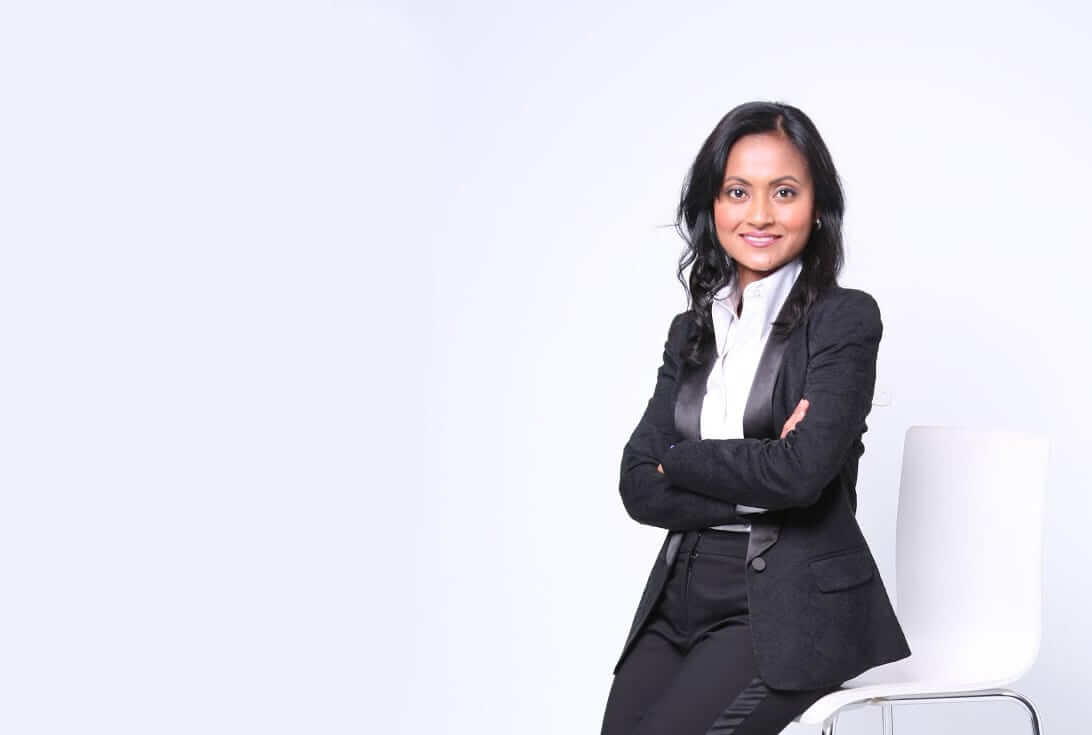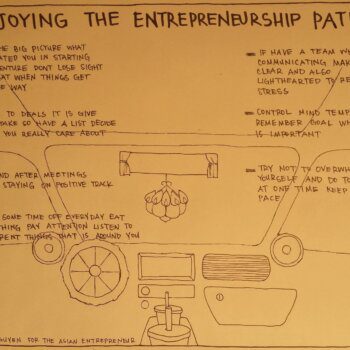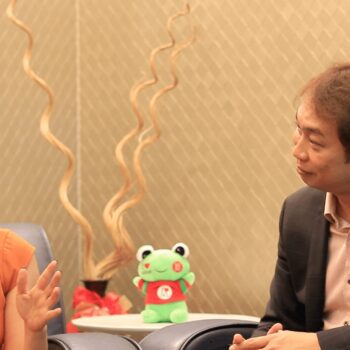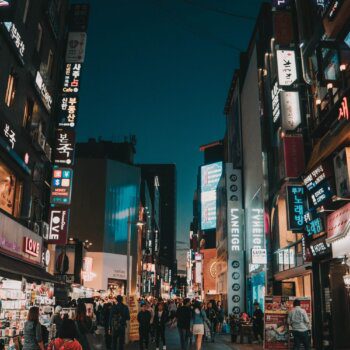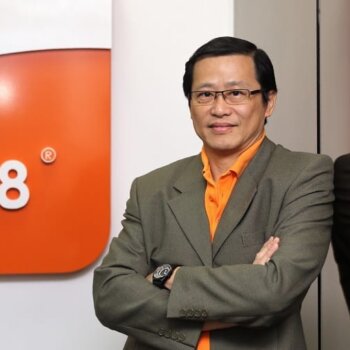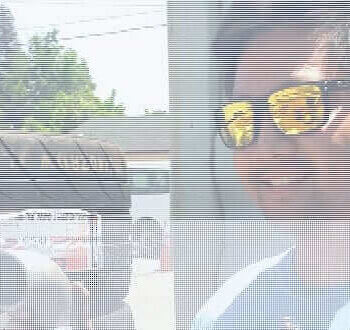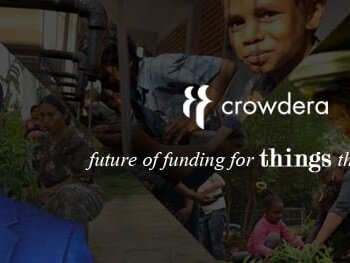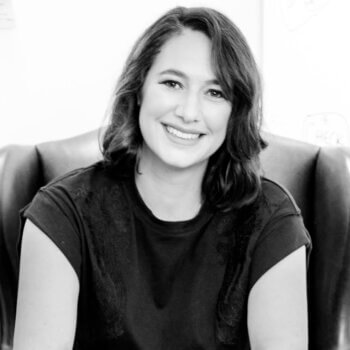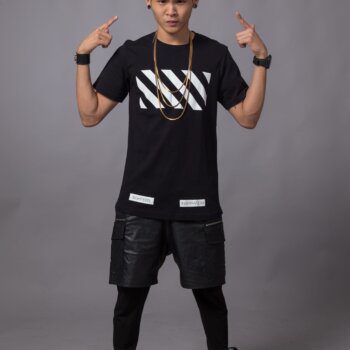Using knowledge to drive innovation, Nealda Yusof is making medical resources and training more accessible through her business Semoegy.
What’s your story?
I started a business in Singapore – Semoegy Advisers & Ventures, providing online courses and information resource for medical technology. I’ve been in the medical technology business for 14 years. For seven years, I’ve been a private consultant to local and multinational medtech manufacturers. The difference I’m making this time is to disrupt medtech consultancy by making information resources and training more readily available, accessible and affordable. I believe that knowledge drives innovation faster because it empowers businesses in this industry to make independent and more informed decisions in a less costly manner.
What excites you most about your industry?
There is so much innovation in medical technology. The most exciting has been in mobile and wearable healthcare. I believe that the democratisation of healthcare is inevitable, in which individuals have control over their health data and outcomes. With the mobile platform, namely Apple’s Research Kit, medical technology innovation will no longer reside with large companies. In a similar tune, I am delivering a democratised consultancy service that promotes access to medtech knowledge to aid this innovation towards consumerisation. This will disrupt medtech consulting that is traditionally delivered by a handful of experienced individuals who charge high hourly fees for training and engagement.
What’s your connection to Asia?
I am born and bred in Singapore. Naturally, my heart and mind always lean towards this region. I have a vision to propel medtech innovation here in Asia into a commercial success.
Favourite city in Asia for business and why?
Definitely Singapore. Our government gives so much support to start a business. The transparency, professionalism, infrastructure and access to information is unmatched. The sky’s the limit.
What’s the best piece of advice you ever received?
There’s never been a best piece of advice. But there’s definitely the best lesson I’ve learnt. And that is never to be emotionally attached to your business. I can put my mind and energy into it, but never my emotions. This way I would never take the bumps and failures too seriously, and more able to brush myself and start over again. This saves me from going crazy over every hiccup, which is going to happen a lot anyway.
Who inspires you?
Steve Jobs always. To me, he is the role model of innovation, thinking out-of-the box and being atypical. I’ve been brought up in a regimented way and to meet societal standards, went to good schools, did well and went to university. I was always different from my peers and struggle to meet these expectations, although I worked hard to please. Steve Jobs gives a message that it is ok to break away from all these norms, be yourself, pursue your dreams, do something different and you can be successful just the same, perhaps even more so. He validates the path I have taken all my life and alleviates the constant guilt of having brought ire from my parents with the choices I’ve made.
What have you just learnt recently that blew you away?
Firstly, I learnt in an edutech event that online courses are a USD$51 billion business worldwide. Secondly, a reputable venture capital boss told me that I am going in the right direction providing online learning for medtech. I cannot describe the relief that gave me and the heightened sense of motivation. I also cannot describe how alone I felt before that revelation having met one educationist after another telling me it wouldn’t work for the Asian market. That was really a turning point. I am forging forward.
If you had your time again, what would you do differently?
I would have bought more equity in the laboratory startup I managed from 2003 to 2008. It was sold to a major US laboratory in 2013. Nonetheless, I benefited from the windfall as a shareholder, but can’t stop thinking what the returns might have been if I had invested more.
How do you unwind?
I read novels, watch television, do yoga and meditate. Things that make my mind blank out.
Favourite Asian destination for relaxation? Why?
Thailand’s beaches. Love the shallow clear, blue seas, food, people and massages there. To me, they’re still better than Sarawak. I heard lately that Lombok (Indonesia) is an upcoming tourist destination to rival Thailand. Got to check it out.
Everyone in business should read this book:
Key Person of Influence … LOL. I haven’t been to the course because I know exactly how to apply the principles, being a veteran business person. But it works!!!
Shameless plug for your business:
When businesses partner with me, I give them the Midas touch … everything turns to gold.
How can people connect with you?
LinkedIn: https://www.linkedin.com/in/nealdayusof
Twitter: https://twitter.com/SemoegyMedical
Facebook: https://www.facebook.com/SemoegyMedicaLearning
Google+: https://plus.google.com/b/107118195941796233233/+SemoegyLearning/posts
Meetup.com: http://www.meetup.com/Singapore-Medical-Technology-Entrepreneurs/
E-mail: [email protected]
Twitter handle?
@SemoegyMedical
—
This interview was part of the Callum Connect’s column found on The Asian Entrepreneur:
Callum Laing invests and buys small businesses in a range of industries around Asia. He has previously started, built and sold half a dozen businesses and is the founder & owner of Fitness-Buffet a company delivering employee wellness solutions in 12 countries. He is a Director of, amongst others, Key Person of Influence. A 40 week training program for business owners and executives.
Take the ‘Key Person of Influence’ scorecard <http://www.keypersonofinfluence.com/scorecard/>
Connect with Callum here:
twitter.com/laingcallum
linkedin.com/in/callumlaing
Get his free ‘Asia Snapshot’ report from www.callumlaing.com
